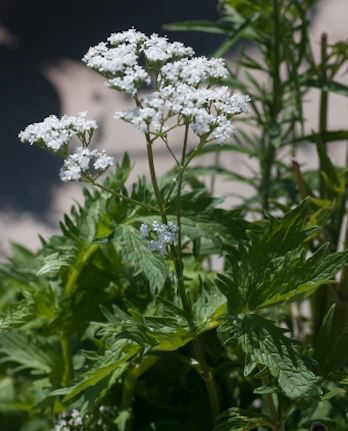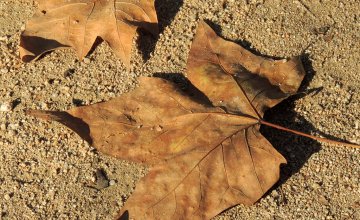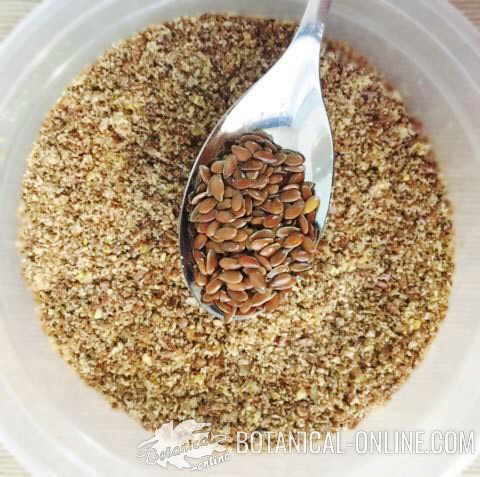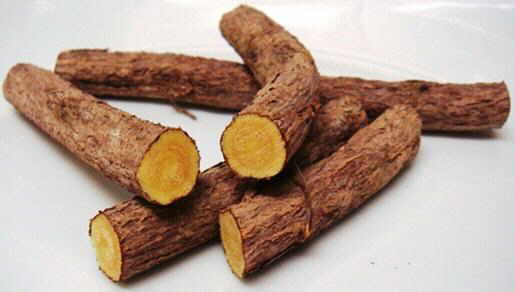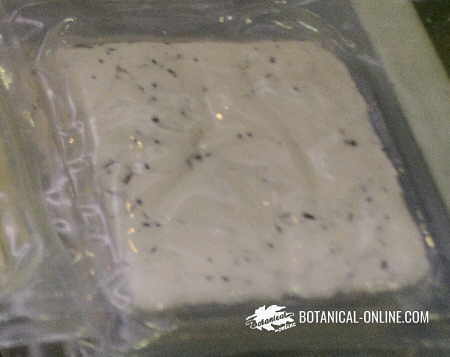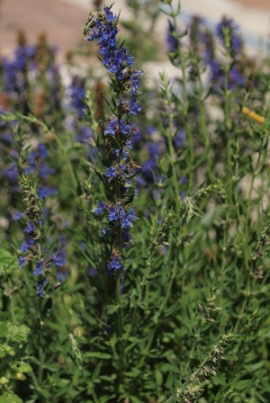Contents
TOXICITY OF CHINESE RHUBARB
Is rhubarb toxic?
Rhubarb is non-toxic when consumed in therapeutic amounts. However, rhubarb contains substances that, in excess, can be toxic and affect the body.
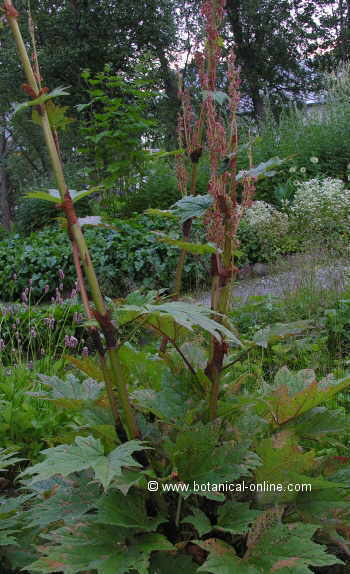
Photo of Chinese rhubarb (Rheum palmatum)
What are the toxic components of rhubarb?
– Oxalic acid: Its high content of oxalic acidmay be dangerous, although this is not the main toxic component, since it is only found in concentrations of 0.5% in rhubarb leaves.
Oxalic acid can cause damage to the kidneys when it is consumed in high amounts, since its natural way of eliminating it is through the urine.
An oxalic acid poisoning through rhubarb supplements is very unlikely, but its adverse effect is because it can aggravate existing diseases such as arthritis, gout, kidney stones, cystitis, nephritic colic, kidney infections and other renal disorders.
– Anthraquinones: Its content in anthraquinones is what denotes the toxicity of rhubarb. These glycosides are highly irritating and act by stimulating nerve fibers and causing increased movement of the intestines, besides disturbing the balance of intestinal water and electrolytes.
These compounds are also found in lesser amounts in laxative plants such as cascara sagrada and senna.
An overdose of anthraquinones may cause strong purgative effects, causing breakdown, spasms, intestinal malabsorption, colitis.
Dangers of rhubarb
– It can cause dependency. There should be no treatment lasting longer than 7 – 10 days because it can lead to intestinal dependence.
– It can have abortive effects. Pregnant or lactating women should not use it.
– May aggravate existing intestinal diseases. Rhubarb, like other anthraquinone-containing plants, can not be used in intestinal diseases such as irritable bowel, Crohn’s disease, appendicitis, ulcerative colitis or other intestinal disorders.
– It can aggravate some existing kidney diseases. Due to the high oxalate content of the root and petiole, rhubarb supplementation can aggravate kidney diseases such as lithiasis or kidney stones, cystitis, nephritic colic, kidney infections or other kidney disorders, because these compounds (oxalates) must be removed by the urine.
* Related information: Poisoning with rhubarb leaves, rhubarb contraindications
![]() More information on rhubarb.
More information on rhubarb.

